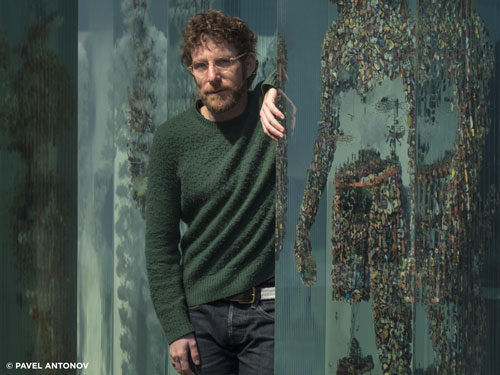
“Pioneer Works è in tutti i casi un “museo del processo.” Un luogo che si basa sullo scambio e la produzione, and not on consumption or distribution alone.” – Dustin Yellin
I pionieri sono esploratori, innovatori, imprenditori e artisti che si sforzano di iniziare qualcosa di nuovo. Dustin Yellin è un pioniere. Il suo istituto, Pioneer Opere, nella sezione Red Hook di Brooklyn, New York, è una vibrante incarnazione di ciò che dovrebbe essere un moderno centro culturale multidisciplinare. Yellin combines the arts and sciences along with other disciplines such as tech, cuisine, and horticulture to create “an open and inspired world” – a venue that exposes its visitors to the latest knowledge and thought leadership on universal challenges such as the climate crisis and the impact of artificial intelligence on humanity. The learning experience is “predicated on exchange and production, and not on consumption or distribution alone.” Yellin the pioneer is as well known for his contemporary innovation hub as he is for his image-rich sculptures.
Il Global Ricerca per l'Educazione was delighted to welcome Dustin Yellin, un 2019 Tribeca Disruptive Innovation Awards Honoree, to talk about his ground-breaking work and how each of us can create a better future.
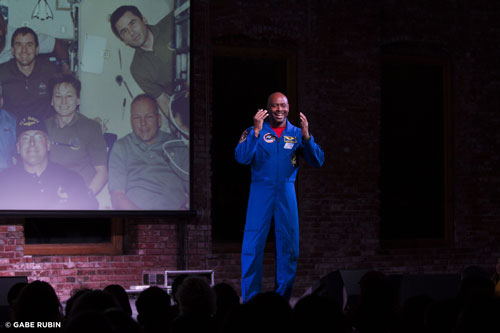
“While a meteor killed the dinosaurs, climate change is our existential threat.” – Dustin Yellin
How do you create the incredible sculptural pieces for which you have become so well known – can you share the process you use as an artist?
Conceptually, I follow Louis Sullivan and “remember the seed-germ.” An idea gets planted, you water it, nurture it, and just let it grow, organically, on its own terms. Sul piano tecnico, abbiamo una linea di produzione consolidata in studio che vanno da artisti che diligentemente tagliano le immagini trovate da riviste di pittori che l'inchiostro del vetro all'artigianato persone che costruiscono maschere e versare gli stampi che lo tengono tutto. Detto in altro modo, è come uno studio di rinascita, tranne che invece di avere persone che disegnano, dire, mani e volti, abbiamo bricoleurs mad-scienziato che incollano teste di animali su corpi umani, e viceversa. Tornando al modello biologico, è come l'evoluzione: small things combine into more complex entities and mutate over time. allo stesso modo, I see the works on a genetic level wherein each piece has its own DNA, yet they all follow a system and network which can be mapped into.
As a celebrated artist yourself, what career advice would you give to your younger self?
To “get serious”!
“As for the A in STEM, I find it funny that “arts” are somehow mentioned off-hand as an afterthought, or something you can just sprinkle on the top.” – Dustin Yellin
Museums and cultural centers need to innovate in order to successfully navigate the rapidly changing landscape of the 21st century. Give me your favorite examples of how you’ve been doing this at PW.
Innanzitutto, we are not a museum. PW is an institute that combines the arts and sciences as well as other disciplines such as tech, cuisine, and even horticulture. While our programming includes a variegated panoply of curated visual arts and science exhibitions as well as music and dance performances, public events and lectures, we also have studios where thinkers from all fields work on independent projects. I stress this latter activity as Pioneer Works is in all instances a “museum of process.” A place that is predicated on exchange and production, and not on consumption or distribution alone.
VAPORE – You’ve started a movement – what important lessons have you learned from your multi-disciplinary approach?
Look. While a meteor killed the dinosaurs, climate change is our existential threat. Considering that human impact made this problem, we have become the meteor. Thing is, it hasn’t struck yet; we have about 12-years left to skew this course. While industry now makes many poisons, a cure can only be found by greater invention, and this has to be scaled. As for the A in STEM, I find it funny that “arts” are somehow mentioned off-hand as an afterthought, or something you can just sprinkle on the top. Expanding the arts to mean the humanities, or the liberal arts, these fields only birthed philosophy, legge, governo, economia, religione, you know “small stuff” — in fact, last time I checked, most of the “sciences” as we know them today grew out of philosophy from Hobbs and Bacon to Descartes and Pascal, e così via. The idea that there are knowledge hierarchies is what has led to the silo-ing of thought, and socially, it’s just divisive. The positive thing about putting the arts with the sciences is that they present compound lenses to play off each other so as to think past blindsides like false positives, biases, etc. But on the negative, you just simply can’t make thinking instrumental…ideas just want to be free, but they want to inform and rebound off each other. Through these dialogs, we can build not a better, but a greater future.
“The positive thing about putting the arts with the sciences is that they present compound lenses to play off each other so as to think past blindsides like false positives, biases, eccetera” – Dustin Yellin
AI continues to change the way we live and the way we create – what do you see as the positives and the negatives of our new technologies? How will they impact the future of art?
Folding back on the above, bias, false positives, and unforeseen consequences are the biggest issues with AI. While killer robots or a networked washing machine that falls in love with a networked toaster and forgets to drain might happen, data discrimination is a reality today that needs to be attended to – just like issues of surveillance, accesso, etc. Di nuovo, these are social concerns; what kind of ethics, rules, procedure, and moreover protections should these technologies bare. You can’t just drive a Ferrari as fast as you can, whenever you can, and as drunk as you can. La cosa positiva sarà il modo in cui venire insieme come persone di avere una discussione sobria sui pro ei contro di AI, e trovare un modo per organizzare nel modo più equo possibile.
Puoi condividere il tuo preferito ‘Coming Soon da Pioneer Works’ storia con noi?
Che è come prendere un bambino preferito; appena uscito da, condividere un caffè, e giocare con tutti.
Grazie a voi 800 più collaboratori a livello mondiale, insegnanti, imprenditori, ricercatori, dirigenti d'azienda, studenti e leader di pensiero da ogni dominio a condividere le prospettive sul futuro della formazione con Il Global Ricerca per l'Educazione ogni mese.
C. M. Rubin (Cathy) è il fondatore di CMRubinWorld, una casa editrice on-line focalizzata sul futuro dell'apprendimento globale e il co-fondatore di Planet aula. Lei è l'autore di tre libri best-seller e due molto letto serie on-line. Rubin ha ricevuto 3 Upton Sinclair Awards per “The Global Search per l'educazione”. La serie che sostiene per tutti gli studenti è stato lanciato nel 2010 e riunisce i leader di pensiero illustri provenienti da tutto il mondo per esplorare le questioni legate all'istruzione fondamentali affrontate dalle nazioni.
Segui C. M. Rubin su Twitter: www.twitter.com/@cmrubinworld

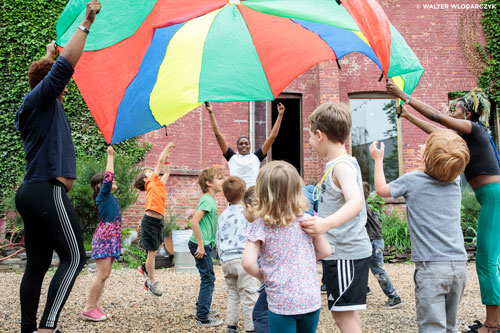
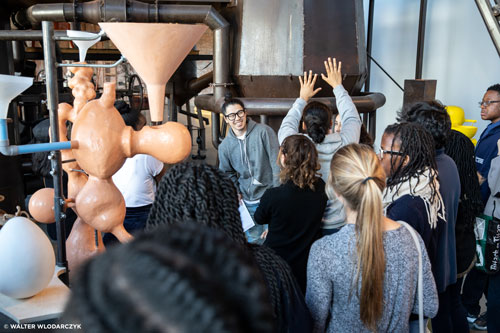
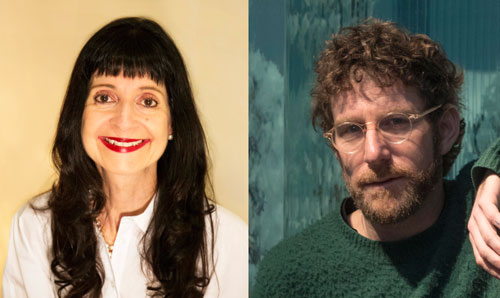

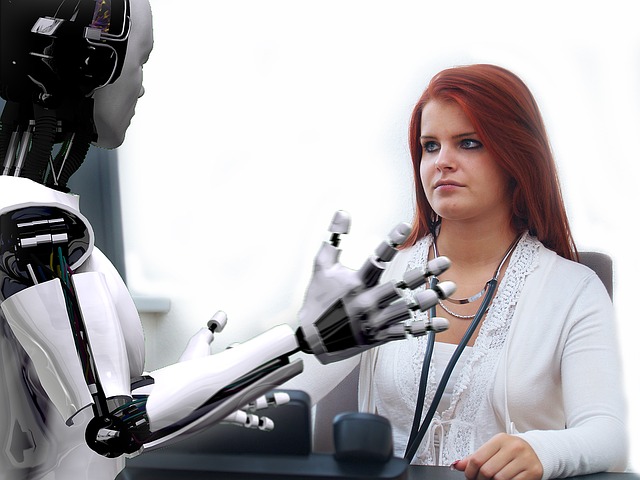

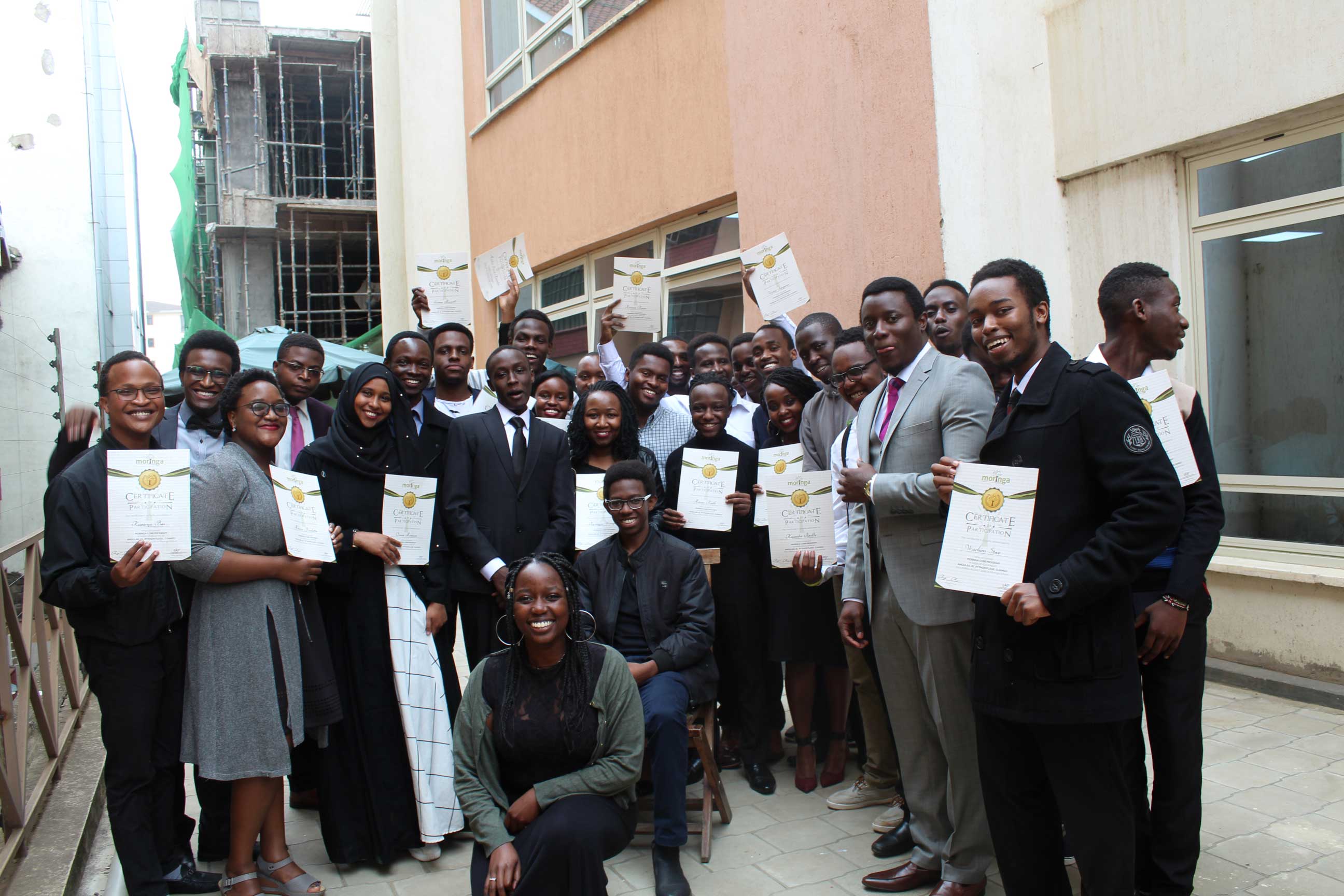
Commenti recenti